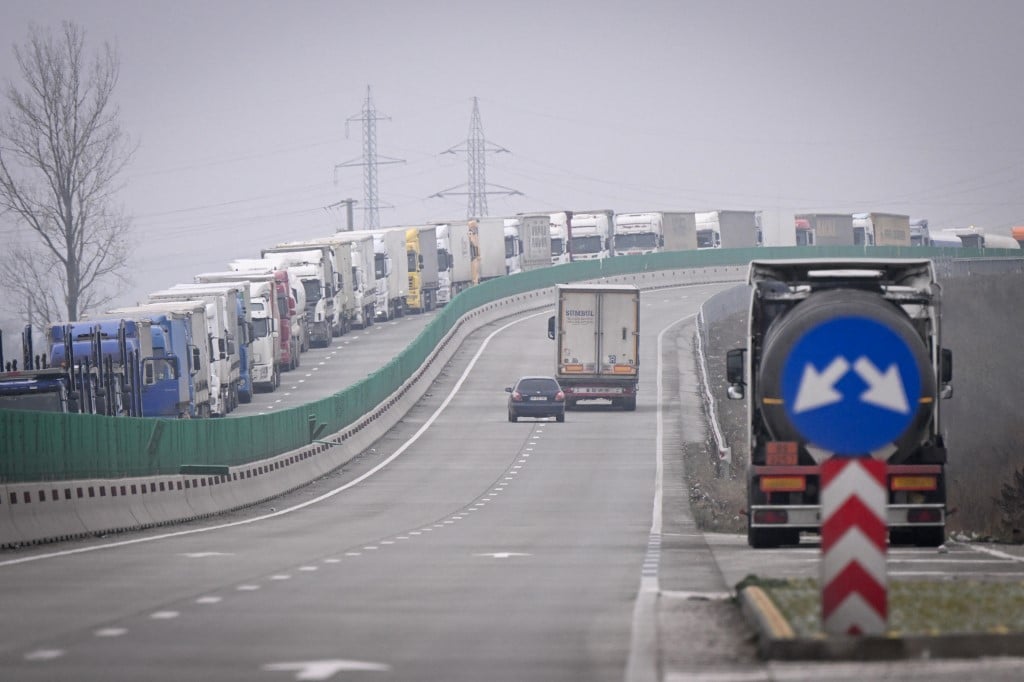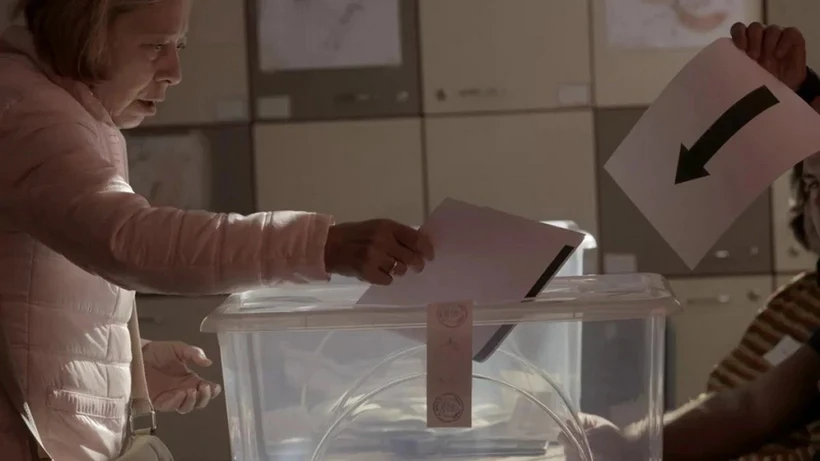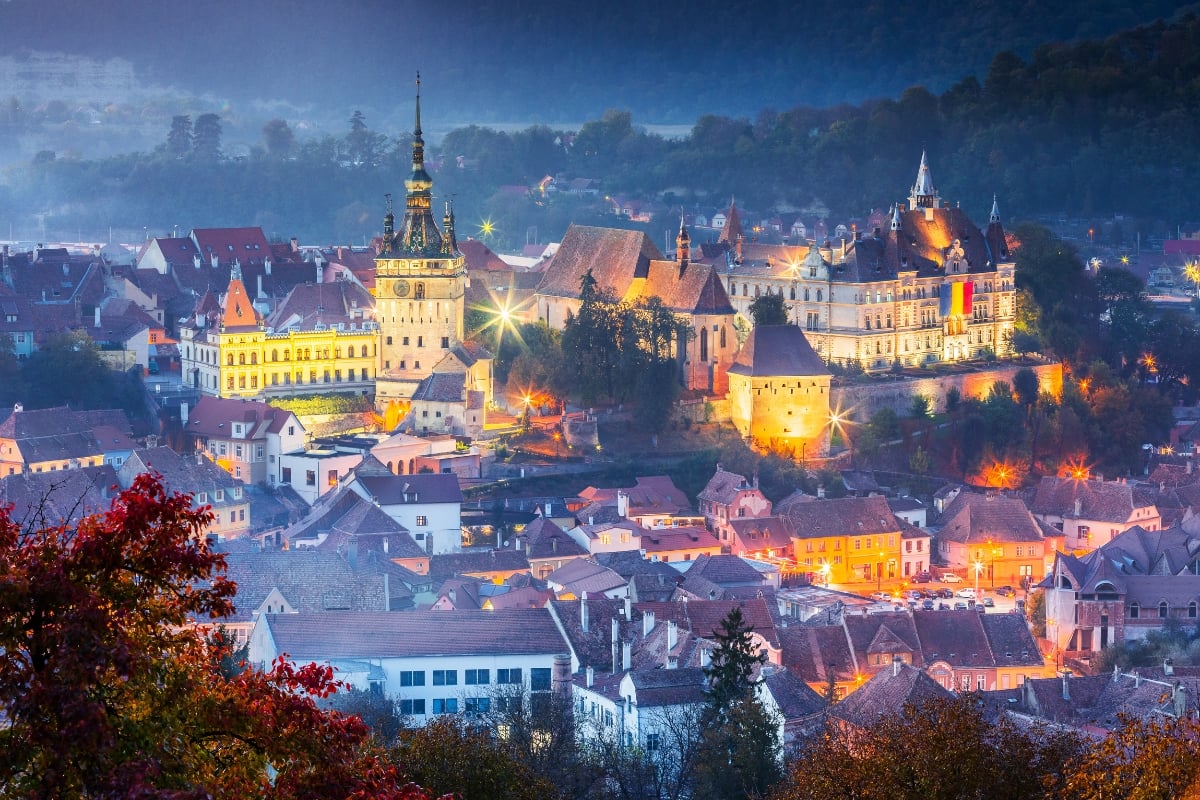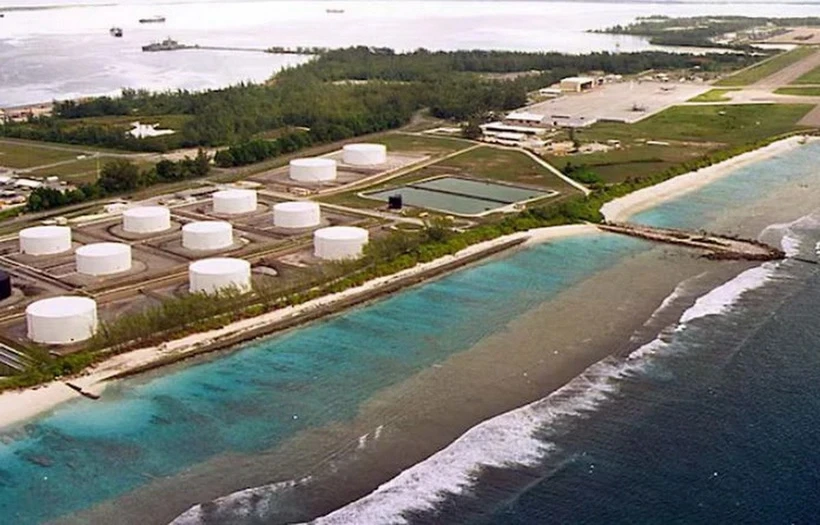Bulgaria and Romania, both members of the European Union (EU) since 2007, were denied accession to the vast Schengen area in Europe at the end of 2022, according to AFP. More than 400 million citizens, as well as Schengen visa holders, can travel freely within the bloc without border checks.
Bulgaria and Romania's attempts to join Schengen were initially opposed by Austria, which has complained for years that it has to absorb large numbers of undocumented migrants because its borders with the outside world are poorly guarded.

Trucks line up to pass through the Giurgiu-Ruse border crossing between Romania and Bulgaria
According to a statement from the European Council, the 27 EU member states agreed on December 30 to lift controls at the air and sea borders with the two countries from March 31, 2024. Negotiations on opening the land border will continue next year.
The European Commission has welcomed the accession of Bulgaria and Romania to Schengen, after 12 years of negotiations. "The enlargement of the Schengen area will make the EU stronger as a union, both internally and internationally," the Commission said in a statement.
European Commission chief Ursula von der Leyen said it was a "historic moment". "Today is a proud day for Bulgaria and Romania... Both deserve it. They will make Schengen even stronger," she said in a social media post.
Bulgaria and Romania also praised the decision. According to CNN, Romanian Foreign Minister Luminita Odobescu wrote on X (formerly Twitter): "This is an important achievement for the Romanians. We thank all EU partners and institutions for their support. Romania remains committed to building a strong and secure Schengen area."
Romanian President Klaus Iohannis echoed the country's foreign minister's comments, telling X that this was "an important development that serves the interests of the Romanian people".
Meanwhile, Bulgarian Foreign Minister Mariya Gabriel affirmed that "today Schengen will become stronger for Bulgaria and Romania".
The Schengen area was established in 1985 and includes 23 of the 27 EU member states, as well as their associated neighbours Switzerland, Norway, Iceland and Liechtenstein. Apart from Bulgaria and Romania, the two EU members that are not yet in the Schengen area are Cyprus and Ireland – both of which are islands.
Source link



![[Photo] Prime Minister Pham Minh Chinh receives Deputy Prime Minister of the Republic of Belarus Anatoly Sivak](https://vstatic.vietnam.vn/vietnam/resource/IMAGE/2025/4/2/79cdb685820a45868602e2fa576977a0)
![[Photo] Prime Minister Pham Minh Chinh receives CEO of Standard Chartered Group](https://vstatic.vietnam.vn/vietnam/resource/IMAGE/2025/4/2/125507ba412d4ebfb091fa7ddb936b3b)
![[Photo] General Secretary To Lam receives Russian Ambassador to Vietnam](https://vstatic.vietnam.vn/vietnam/resource/IMAGE/2025/4/2/b486192404d54058b15165174ea36c4e)



























































































Comment (0)